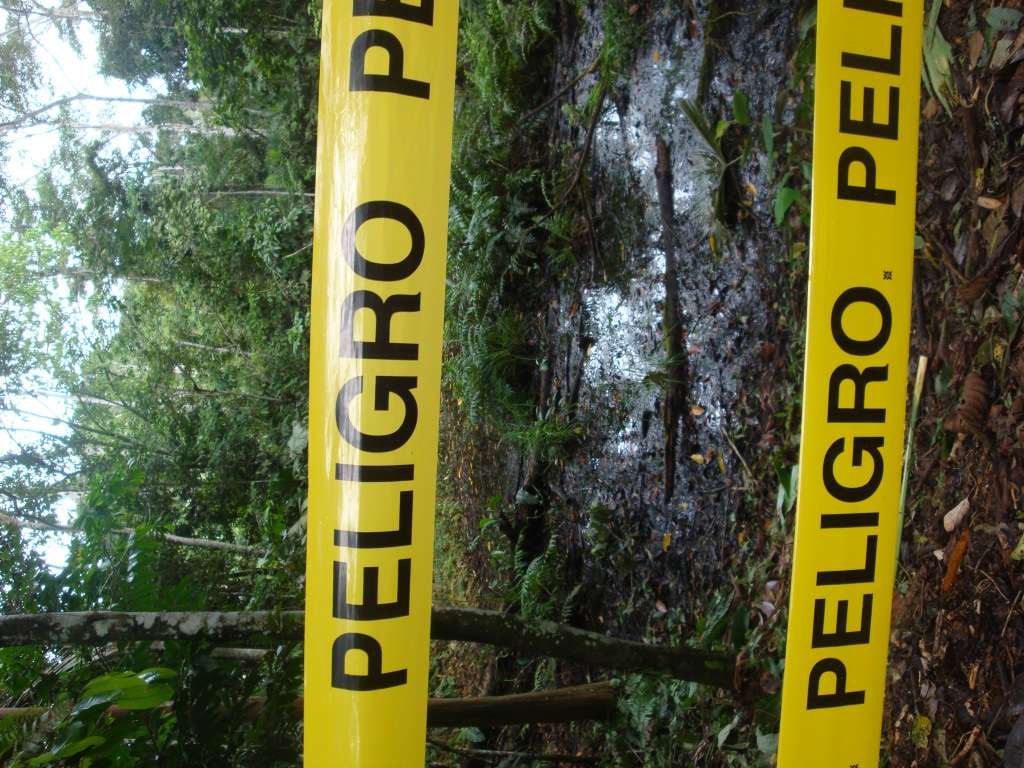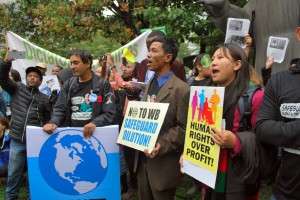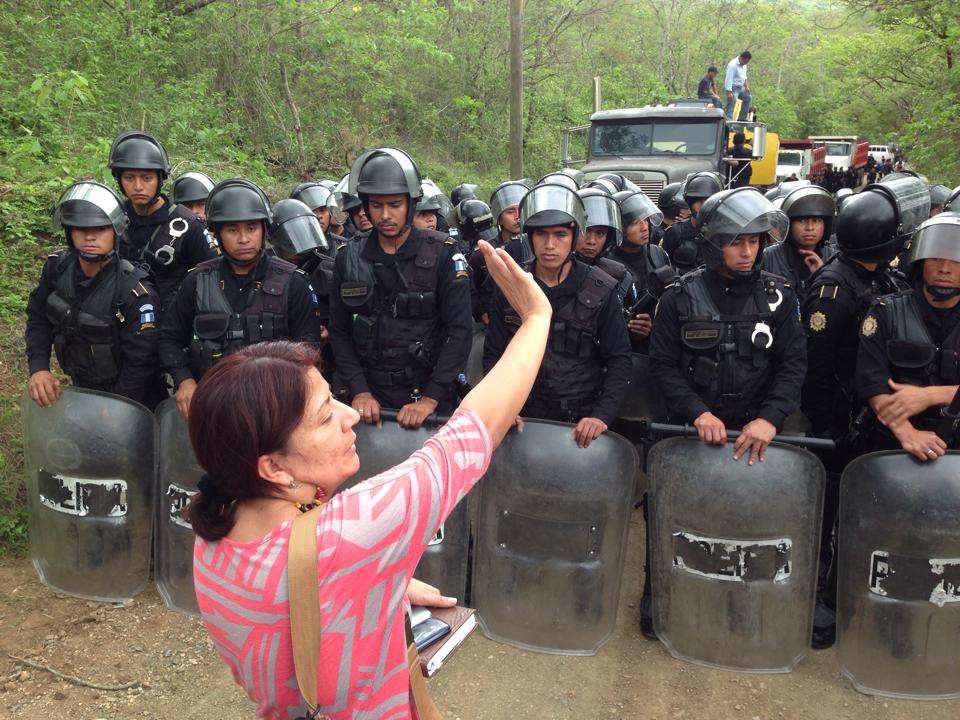By David Marín Cortéz, Legal Intern
There was a lot of expectation around Pope Francis’ encyclical on the environment entitled “Laudato Si’” or “Praise Be to You.” The papal encyclical deals with current environmental issues, with a special focus on climate change. Undoubtedly, such a document is going to have a meaningful impact on the climate debate at both the international and national level in the build up to the United Nations climate change negotiations (COP21) in Paris at the end of the year. What is less talked about, however, is the Catholic Church’s message that stresses the need to adopt a new development paradigm, and this carries special relevance in Latin America.
During recent years, several Latin American countries have experienced economic growth largely due to the significant expansion of extractive industries, such as oil and gas. According to the encyclical, climate change is a problem “aggravated by a model of development based on the intensive use of fossil fuels, which is at the heart of the worldwide energy system.” To tackle this issue, Pope Francis’ encyclical calls for sustainable development based on renewable energy or less polluting forms of energy production to replace fossil fuels.

In addition to impacting climate change, some of these extractive activities have caused environmental degradation, social conflicts, and the violation of human rights, and as a result, the Catholic Church has examined these models of development.
In a hearing before the Inter-American Commission on Human Rights (IACHR) on March 19, 2015, bishops from across Latin America raised several concerns regarding the impacts of extractive industries in different countries in the region. Among the issues discussed were: the rights of indigenous communities and vulnerable groups, environmental and public health impacts, liability of multinational corporations and their home States for human rights violations, and violence and criminalization of human rights defenders. As a prelude to the encyclical, the representatives of the Latin American Catholic Church called for a new, sustainable model of development in the region.

Consistent with Pope Francis’ message of standing up for the the poor and marginalized, the climate encyclical recognizes that those most vulnerable to global warming impacts are communities in developing countries and the poor, due to the lack of available resources to help them adapt to a changing climate and who face increasingly severe “natural” disasters. At the nexus of climate change and poverty is the ultimate challenge for development: to reduce climate change while also eliminating poverty and allowing developing countries to achieve their own economic development, all the while respecting human rights.
The interconnection between poverty and vulnerable populations within the context of environmental degradation demands a new model of sustainable development that must not only reduce extreme poverty and environmental impacts, but also help tackle extreme inequality. One way to do this is though inclusiveness and participation. This requires a grassroots approach, whereby the communities themselves are able to decide the best use of their resources to meet their needs. This people-centered development model would help countries build a modern, fair, and participatory sustainable development model.

Importantly, the Pope recognizes, encourages, and thanks many civil society organizations for their work protecting the environment. This message has special meaning for defenders of the right to a healthy environment in Latin America who, in several countries, have been the target of threats, attacks, aggression, and harassment because of their work to protect human rights.
On the accountability side, the encyclical also examined the behavior of some multinational corporations operating in developing countries with less environmental and social standards than their home States. This accountability gap highlights the need for accountability for multinational corporations and their home states in the context of human rights violations.
Societies, as well as individuals, need moments to re-examine their paths and adjust them to avoid danger and further harm. The Catholic Church’s message to adopt a new, sustainable development model is timely to ensure future generations – expressed as intergenerational solidarity – also enjoy the right to a healthy environment. Although there is no one-size-fits-all sustainable development model, we are not too late to implement a redemptive development model that balances the environment, economic development, and human rights protection – a development model that helps to eliminate poverty and the inequality in vulnerable populations in Latin America.
Originally posted on July 18, 2015.
